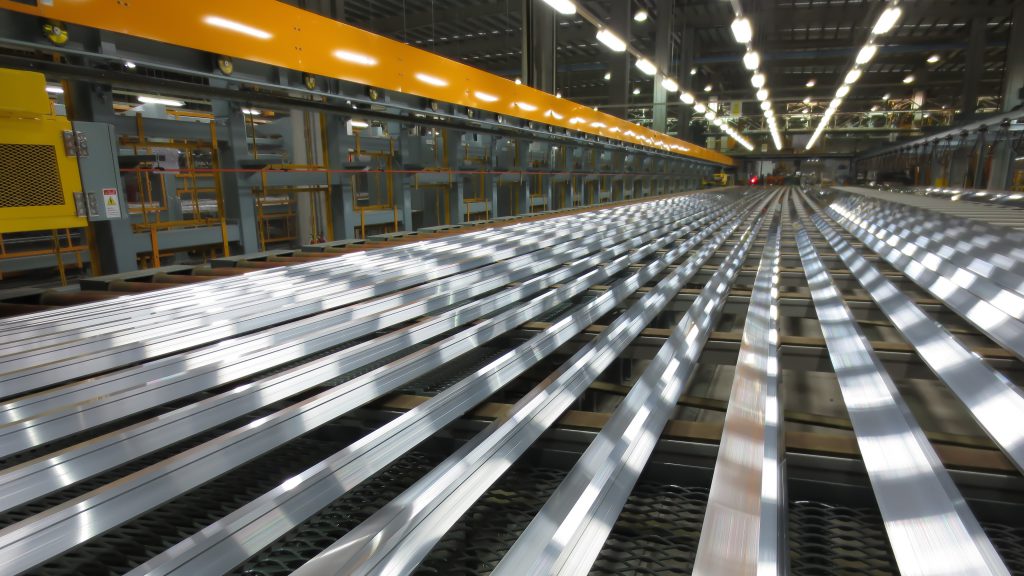Chalco profits soar on higher aluminum prices, production

Aluminum Corp of China Ltd , known as Chalco, on Tuesday reported its biggest half-year profit since 2007 on rising aluminium prices and higher output of the metal despite recent curbs on Chinese smelters’ electricity use.
The state-controlled aluminium producer said in a filing to the Shanghai Stock Exchange its net income for January-June was 3.075 billion yuan ($475 million), up 8,511% from a meagre profit in a coronavirus-hit first half of 2020.
Its latest earnings mark the biggest half-year profit the company has recorded since the second half of 2007, Refinitiv Eikon data show. It also implies a second-quarter net profit of 2.11 billion yuan, Chalco’s best quarterly result since the fourth quarter of 2013.
The company attributed the year-on-year jump predominantly to higher prices for its main products.
First-half revenue was up 43.6% at 120.74 billion yuan as Shanghai aluminium prices averaged 24.8% higher year-on-year, domestic alumina prices were 2.9% higher and Chalco boosted output of both commodities.
Its primary aluminium production climbed 5.5% year-on-year to 1.96 million tonnes in January-June, beating Russian rival Rusal’s 1.868 million tonnes.
Chalco, the world’s biggest producer of aluminium raw material alumina, also lifted output of that material by 14.3% year on year to 8.25 million tonnes.
The higher production came despite restrictions on aluminium producers’ power use in Inner Mongolia, home to Chalco smelting subsidiary Baotou Aluminum and one of a number of Chinese regions trying to lower energy consumption.
The power restrictions imposed in Inner Mongolia, Yunnan and elsewhere in China have led to a reduction of up to 1.2 million tonnes of annual aluminium production, Chalco said.
Yunnan Aluminium, in which Chalco has a 10% stake, on Monday said it had cut primary aluminium output by 637,000 tonnes on an annualised basis in the first half due to the power restrictions and was unsure whether it would hit its target of producing 2.87 million tonnes in 2021.
($1 = 6.4772 Chinese yuan renminbi)
(By Tom Daly; Editing by David Evans)
{{ commodity.name }}
{{ post.title }}
{{ post.date }}




Comments